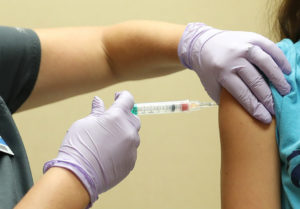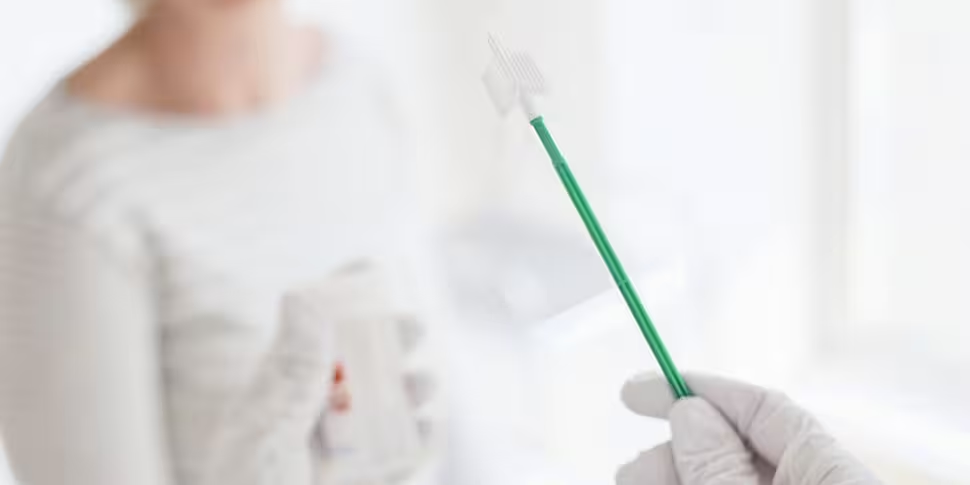Self-sampling for HPV at home is a “useful” tool in the battle against cervical cancer, Cork-based GP Dr Doireann O’Leary has told Newstalk.
Home screening is already available in a number of countries and Dr O’Leary said it would be particularly useful for those who are reluctant to attend an in person appointment:
“It has a role, Andrea, and particularly it helps us to detect HPV in people who don’t attend cervical screenings,” Dr O’Leary told Lunchtime Live.
“So unfortunately, there will always be people who don’t attend their screening for various reasons. Whether they’re embarrassed about attending, they’ve had bad experiences or they find attending for a smear test uncomfortable.
“So home swabs for those women can help. It can help to do the HPV screening at home.
"This isn’t available in Ireland at the moment - this is just something that might come on stream in the future as an adjunct to our screening programme... It is operational in some parts of the UK at the moment.
"There’s a screening programme called YouScreen in London and they are focusing on the boroughs of London where cervical screenings attendances are particularly low.”
 The HPV vaccine reduces the risk of cervical cancer. Picture by: TNS/SIPA USA/PA Images
The HPV vaccine reduces the risk of cervical cancer. Picture by: TNS/SIPA USA/PA ImagesSelf-sampling in Ireland
The World Health Organisation has said self-sampling could increase the number of women diagnosed early and Dr O’Leary said it would be “useful” if the HSE were to roll it out in Ireland:
“It would be useful. You know, [it’s] preferable attending a screening [and] seeing your GP or practice nurse, talking about symptoms, screening for red flags.
“Because when we’re doing a cervical screening test, there’s so much more to the appointment than just the test.
“We talk to the women about red flag symptoms; is there any postcoital bleeding, bleeding after intercourse, intermenstrual bleeding, bleeding between periods, is there any persistent unexplained vaginal discharge?
“Talking about those symptoms, whether or not the woman has been vaccinated against HPV and just talking all about that.
“Then actually physically seeing the cervix, that’s really important as well.
“Sometimes we detect abnormalities by just looking and many cervical cancers are diagnosed by just looking at the cervix, feeling the cervix, does it feel abnormal.
“So there’s huge clinical benefit there in talking to the patient about her life, what’s going on, risk factors, is she a smoker, is she not a smoker.
“Did she get the vaccine, did she not get the vaccine? Looking at the cervix, talking about the symptoms.
“Because sometimes you’ll actually bypass doing a cervical screening test if a patient has a red flag symptom. They will need to be referred directly to gynecology”.
HPV vaccination rates for First Year students have dropped due to covid; this will result in more cancers in years ahead. However, this could be prevented by expanding HPV vaccination beyond First Years. In @NHSuk it’s given for free up to age 25. @HSELive should consider same.
— Dr. Doireann O’Leary (@drdoireann) March 27, 2021
Dr O’Leary continued:
“But no matter what we do, no matter how much public health awareness there is about the importance of screening, there will always be people who don’t attend for various reasons.
“So home sampling is about capturing that cohort and getting them into the system in a way that gives them home testing - which is more preferable to that cohort of women who just won’t attend.”
Main image: A pap smear can detect whether a women needs treatment for cervical cancer.









